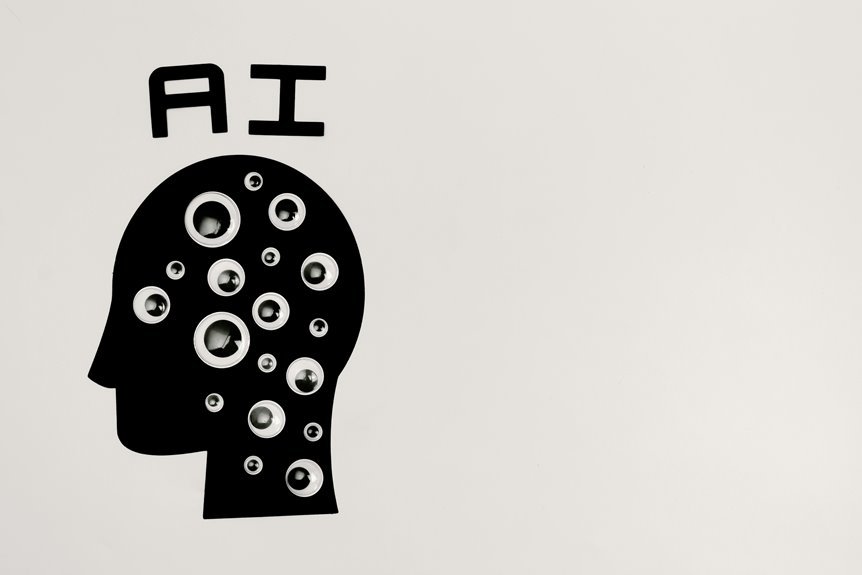2702971125 The Future of Artificial Intelligence in 2025
The future of artificial intelligence in 2025 presents a landscape marked by significant technological advancements. Machine learning and natural language processing will evolve, enhancing decision-making capabilities across various sectors. However, this progression raises critical ethical questions and workforce challenges. As industries increasingly adopt AI, understanding its implications becomes crucial. The balance between innovation and responsibility will shape the trajectory of AI in society. What strategies will emerge to address these pressing concerns?
Advancements in Machine Learning and Natural Language Processing
As artificial intelligence continues to evolve, the landscape of machine learning and natural language processing (NLP) is undergoing significant transformation.
Innovations in deep learning are enhancing model accuracy, yet concerns about algorithmic bias persist. This duality challenges developers to create equitable systems, fostering an environment where freedom and fairness coexist.
Addressing these biases is imperative to ensure responsible AI development and deployment.
The Impact of AI on Key Industries
The integration of artificial intelligence into key industries is poised to revolutionize operational efficiencies and decision-making processes.
In healthcare transformation, AI enhances diagnostics and patient care, streamlining workflows and improving outcomes.
Simultaneously, manufacturing automation leverages AI-driven robotics and predictive analytics, optimizing production lines and reducing costs.
This convergence signifies a paradigm shift, empowering industries to innovate while enhancing productivity and responsiveness to market demands.
Ethical Considerations and Workforce Implications
How can industries balance the rapid advancement of artificial intelligence with ethical considerations and workforce implications?
Addressing AI ethics is paramount, as organizations grapple with job displacement and societal impact. Implementing transparent guidelines and reskilling programs can mitigate negative effects, fostering a harmonious integration of AI technologies.
Ultimately, prioritizing ethical frameworks will not only safeguard human employment but also promote innovative growth in a digitally driven economy.
Conclusion
In conclusion, the future of artificial intelligence by 2025 will significantly reshape decision-making processes across industries, driven by advancements in machine learning and natural language processing. Notably, a projected 85 million jobs may be displaced, yet 97 million new roles could emerge, highlighting the dual impact of AI on the workforce. This statistic underscores the necessity for proactive reskilling initiatives to ensure equitable integration of AI, fostering innovation while addressing ethical concerns and promoting societal harmony.






